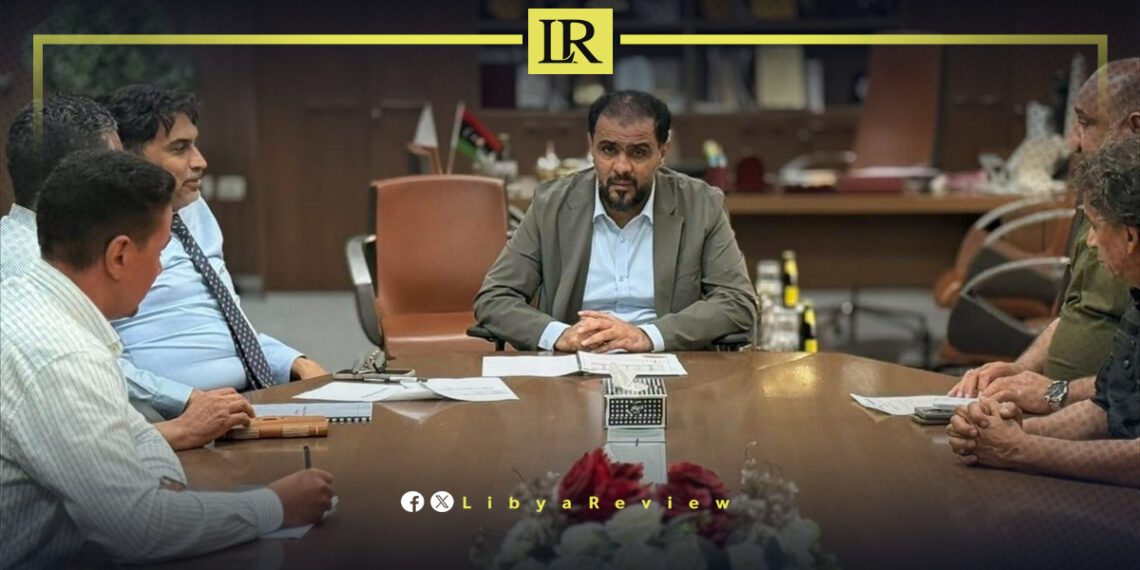Libyan Prime Minister Osama Hammad held an extensive meeting with Deputy Governor of the Central Bank of Libya, Marai Al-Barassi, and Head of the Municipal Guard Authority, Abdulmonem Al-Mahshoush, to discuss the mechanisms for activating electronic payment services and ensuring that both public and private institutions adopt them.
The meeting is part of the government’s ongoing efforts to promote digital transformation and strengthen the country’s electronic service infrastructure. Officials discussed ways to modernize financial systems, improve the business environment, and facilitate commercial transactions through secure and transparent digital platforms.
The government aims to accelerate the transition toward cashless transactions as a step toward greater financial inclusion and transparency, while enhancing efficiency across Libya’s economic sectors.
Libya has been in chaos since a NATO-backed uprising toppled longtime leader Muammar Gaddafi in 2011. The county has for years been split between rival administrations.
Libya’s economy, heavily reliant on oil, has suffered due to the ongoing conflict. The instability has led to fluctuations in oil production and prices, impacting the global oil market and Libya’s economy.
The conflict has led to a significant humanitarian crisis in Libya, with thousands of people killed, and many more displaced. Migrants and refugees using Libya as a transit point to Europe have also faced dire conditions.
The planned elections for December 2021 were delayed due to disagreements over election laws and the eligibility of certain candidates. This delay has raised concerns about the feasibility of a peaceful political transition.
Despite the ceasefire, security remains a significant concern with sporadic fighting and the presence of mercenaries and foreign fighters. The unification of the military and the removal of foreign forces are crucial challenges.


